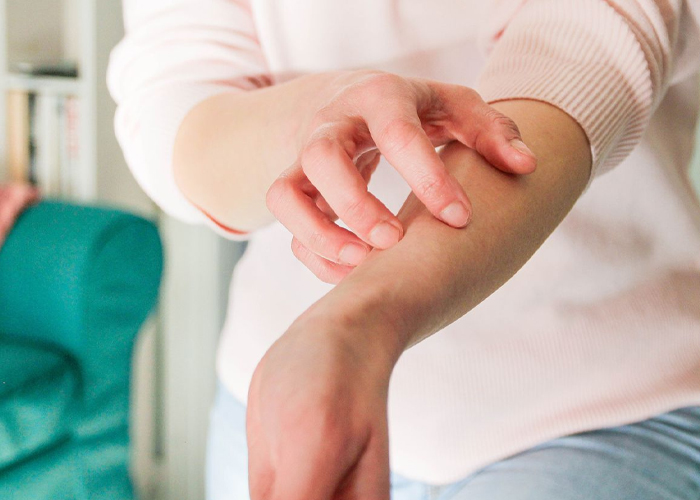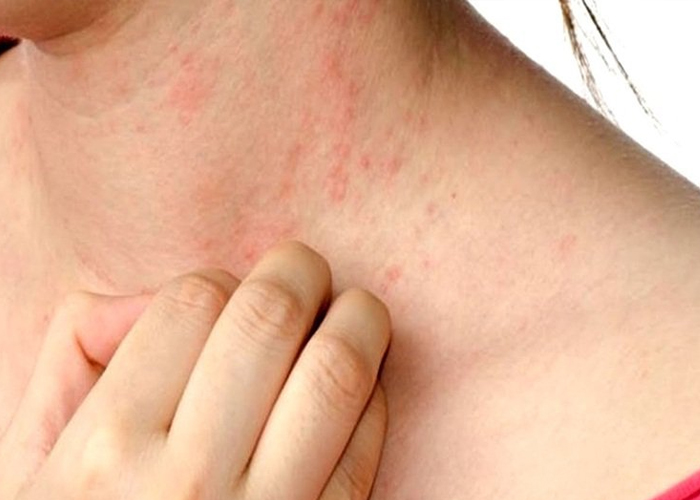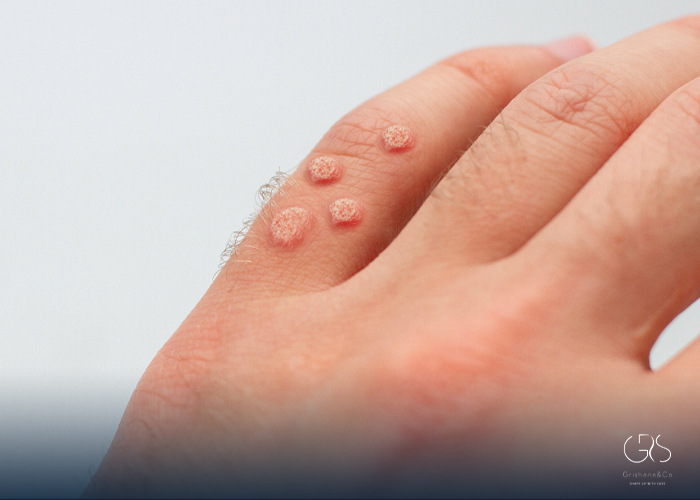Skin cancer is the most common type of cancer worldwide, and the incidence continues to rise. It affects people of all skin colors and can occur anywhere on the body, including areas that are rarely exposed to the sun. While most skin cancers don’t itch, some can cause persistent itching that can be a sign of a potentially serious condition. In this article, we will explore why skin cancer may be itchy, what types of skin cancer are itchy, skin cancer risk factors, and other signs and symptoms of skin cancer.
Why Skin Cancer May Be Itchy
Skin cancer can cause itching or burning for several reasons. One of the main causes is the inflammation that occurs when cancer cells disrupt normal skin cells’ growth and function. The inflammation can cause the skin to become red, swollen, and itchy. Another reason for itchiness is that some skin cancers produce cytokines, small proteins that cause itching, and inflammation.

What Types of Skin Cancer are Itchy?
While most skin cancers don’t cause itching, some types of skin cancer are more likely to be itchy than others:
Basal Cell Carcinoma: Basal cell carcinoma (BCC) is the most common type of skin cancer and often appears as a small, raised, shiny, or pearly bump that can be itchy or bleeding. BCC usually grows slowly and rarely spreads to other parts of the body.
Squamous Cell Carcinoma: Squamous cell carcinoma (SCC) is the second most common type of skin cancer and often appears as a scaly red patch, wart-like growth, or open sore that can itch, bleed, or become painful. SCC can grow rapidly and may spread to other parts of the body if not treated promptly.
Melanoma: Melanoma is a less common but more dangerous type of skin cancer that can appear as a new or changing mole or dark spot that can itch, bleed, or become painful. Melanoma can grow and spread quickly, making it essential to treat early.
Skin Cancer Risk Factors
Anyone can develop skin cancer, but some people are at higher risk, including those with:
- Fair skin, freckles, or light-colored hair
- A history of sunburns or excessive sun exposure
- A family history of skin cancer
- A weakened immune system due to a medical condition or medication

Other Signs and Symptoms of Skin Cancer
While itching can be a sign of skin cancer, other signs and symptoms may include:
- A new or changing mole or skin bump
- A sore that doesn’t heal or bleeds easily
- A birthmark or freckle that changes in size, shape, or color
- A spot that looks different from other spots on the skin
- A patch of skin that feels rough or scaly
- A lump or swelling under the skin
Other Reasons for Itchy Skin
It’s essential to remember that there are many other reasons why the skin may itch and that most itchy skin conditions are not cancerous. Some common causes of itchy skin include:
- Dry skin
- Allergic reactions
- Insect bites or stings
- Skin irritations or infections
- Eczema or psoriasis
- Medication side effects
- Liver or kidney disease

How to Soothe Itchy Skin
If you have itchy skin, there are several things you can do to soothe the itch and reduce inflammation:
- Use a moisturizer to keep the skin hydrated
- Apply a cool compress or take a cool bath
- Wear loose-fitting clothing made of natural fibers
- Avoid scratching or rubbing the affected area
- Use topical corticosteroids or antihistamines as directed by a healthcare provider
When to See a Healthcare Provider
If you have persistent itching, a new or changing mole or skin lesion, or other signs and symptoms of skin cancer, it’s important to see a healthcare provider. They can examine the affected area, order tests if needed, and provide appropriate treatment. Early detection is key to treating skin cancer successfully.
Conclusion
While skin cancer is the most common type of cancer worldwide, it’s important to remember that most itchy skin conditions are not cancerous. However, persistent itching, coupled with other signs and symptoms of skin cancer, can be a warning sign of a potentially serious condition. Knowing your skin and checking it regularly can help detect any changes early and increase the chances of successful treatment. If you have any concerns about your skin, consult your healthcare provider promptly.
Sources
- Skin Cancer Foundation, Skin Cancer Facts & Statistics
- American Cancer Society, Key Statistics for Basal and Squamous Cell Skin Cancers









